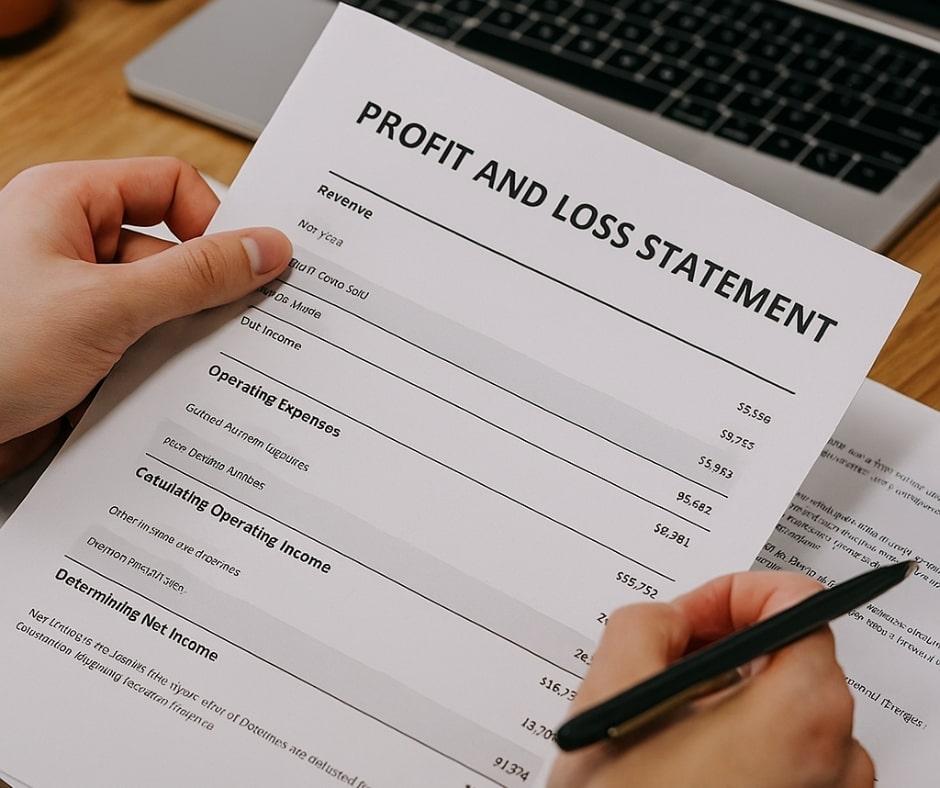Introduction
In any business or interpersonal interaction, objections are inevitable. They represent opportunities to understand concerns, build relationships, and ultimately secure agreements. The ability to handle objections like a pro isn’t just about rebutting doubts; it’s about creating meaningful connections and fostering trust. This comprehensive guide delves into the strategies and techniques you need to navigate objections with finesse and professionalism.
Defining Objections and Their Impact
Objections are expressions of hesitation, doubt, or resistance. They can stem from various factors such as misunderstandings, unmet expectations, or lack of perceived value. Rather than viewing objections as barriers, approach them as windows into the other person’s mindset. By addressing objections effectively, you not only overcome challenges but also strengthen the relationship and increase the likelihood of achieving your objectives.
Recognizing the Types of Objections
Objections typically fall into several categories:
- Price Objections: These stem from concerns about cost versus value.
- Trust Objections: Often rooted in skepticism about the offer, brand, or individual.
- Timing Objections: Reluctance due to perceived inconvenience or lack of readiness.
- Need Objections: Doubts about whether the solution truly addresses their pain points.
Identifying the type of objection is the first step in crafting a response that resonates.
The Science Behind Active Listening
Active listening is the cornerstone of handling objections. It involves more than simply hearing words; it’s about understanding emotions and motivations. Follow these steps to enhance your active listening skills:
- Focus Fully: Eliminate distractions and give the speaker your undivided attention.
- Acknowledge and Paraphrase: Show you’ve understood by summarizing their points.
- Ask Open-Ended Questions: Encourage them to elaborate on their concerns.
Active listening builds rapport and signals respect, setting the stage for productive dialogue.
Building Authentic Trust
Trust is the foundation of overcoming objections. Without it, even the most logical arguments may fall flat. Here’s how to build trust effectively:
- Be Transparent: Share information openly and address concerns honestly.
- Follow Through on Promises: Reliability is a key indicator of trustworthiness.
- Showcase Social Proof: Share testimonials or case studies to reinforce credibility.
Remember, trust is built over time, but it can be strengthened through consistent, honest interactions.
Harnessing Empathy to Break Barriers
Empathy allows you to step into the other person’s shoes and understand their perspective. When addressing objections, validate their feelings and concerns. Phrases like “I understand why you might feel that way” can diffuse tension and pave the way for open communication. Empathy fosters a collaborative atmosphere, making it easier to find mutually beneficial solutions.
Structuring Tailored Solutions
Once you’ve identified the nature of the objection and demonstrated understanding, it’s time to present a solution. A tailored approach involves:
- Aligning with Their Concerns: Directly address the specific objections raised.
- Highlighting Benefits Over Features: Focus on the value and outcomes they’ll achieve.
- Using Evidence: Provide data, examples, or success stories that support your case.
Tailored solutions show that you’ve genuinely listened and care about their needs.
The Psychology of Confidence in Closing Deals
Closing a conversation or deal requires confidence—not arrogance. Confidence reassures the other party that their concerns have been addressed and that proceeding is the right choice. Here are tips to close with confidence:
- Summarize the Agreement: Recap the discussion and the resolutions made.
- Confirm Alignment: Ask for confirmation to ensure mutual understanding.
- Define Next Steps: Outline what happens next, providing clarity and assurance.
Confidence inspires trust and ensures the conversation ends on a positive note.
Conclusion
Mastering the art of handling objections is a game-changer in business and life. By defining objections, understanding their root causes, and applying strategies like active listening, empathy, and tailored solutions, you can navigate even the toughest conversations with professionalism and success. Remember, every objection is an opportunity to strengthen relationships and build your credibility.













